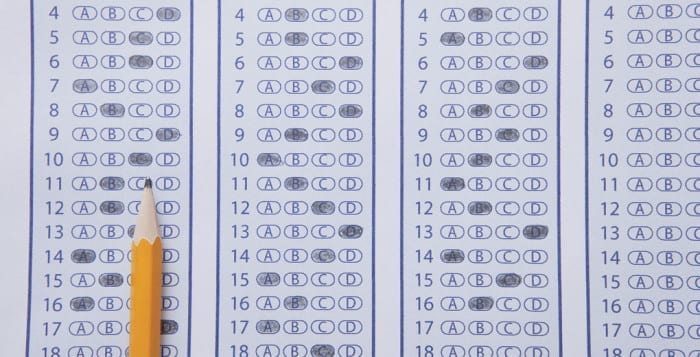The Northport-East Northport Board of Education is seeking a moratorium on state-run teacher evaluations for the current time.
In an open letter to Gov. Andrew Cuomo, Superintendent Robert Banzer criticized the fact that
public schools are still required to administer state assessments to measure student progress, despite the fact that these tests have been put on a temporary freeze.
“The district cannot use the state assessments for teacher evaluation, so it must use a form of Student Learning Objectives and report those scores for teachers even though they will not be used to determine teacher effectiveness,” Banzer said in the letter.
Student Learning Objections, first implemented in 2012,is a teacher evaluation tool used when state assessments are not in effect.
“As a result, we are burdened with setting aside time for both state assessments and SLOs, which will increase the amount of time preparing, administering and scoring assessments,” Banzer’s letter said.
In the letter, Banzer proposed that the moratorium be extended to eliminate Student Learning Objections to comply with the recommendation of the state task force, to reduce the amount of time spent on state assessments.
“Needless to say, the poor implementation of the state assessments and their use as an instrument to measure teacher effectiveness over the past few years undoubtedly minimized their effectiveness as an instructional tool,” Banzer said. “Instead, it has turned into a political debate and created a fracture between and among parents, educators, board members and political leaders that needs repair.”
Trustees applauded Banzer’s letter at the board meeting on Thursday, and discussed other concerns with the current state of Common Core.
“I think it’s really important that we engage the community,” Trustee Donna McNaughton said at the meeting. “I know that the knee-jerk reaction is to say ‘this was done so poorly … I’m not doing anything else until we change what these things are.’ But we don’t want to have four years go by and the tests haven’t changed.”
The board plans to set a date in February to meet with the community and explain where the district is now, with the changes to Common Core and teacher evaluations, along with what a student’s day will look like if they choose not to participate in the state assessments this spring.







